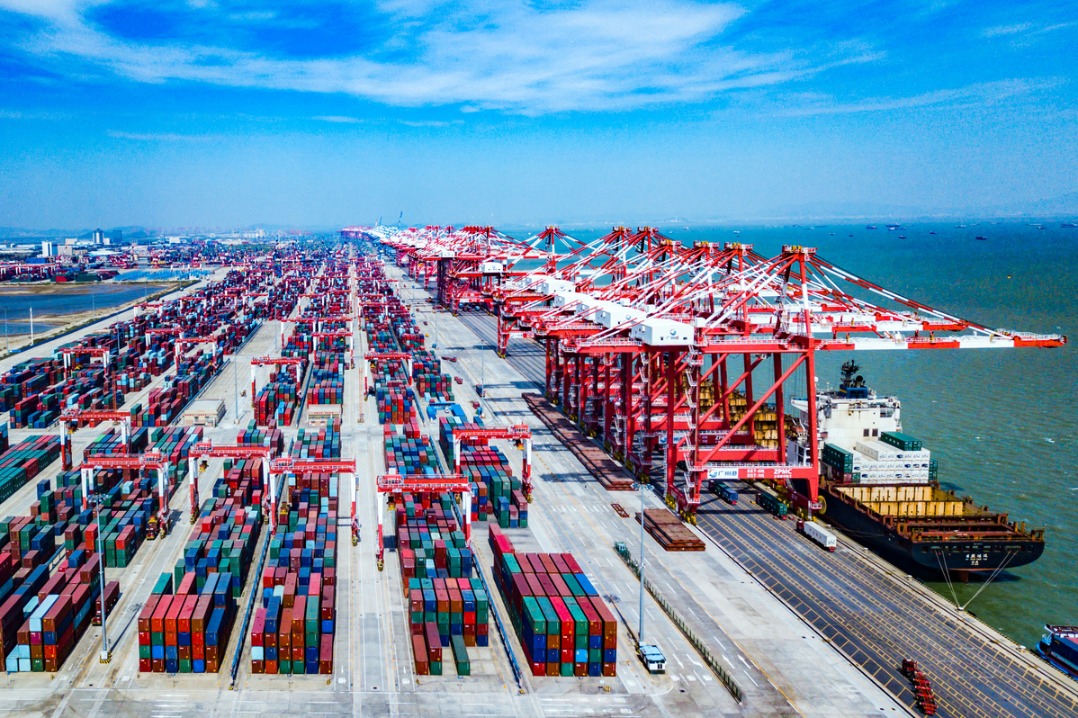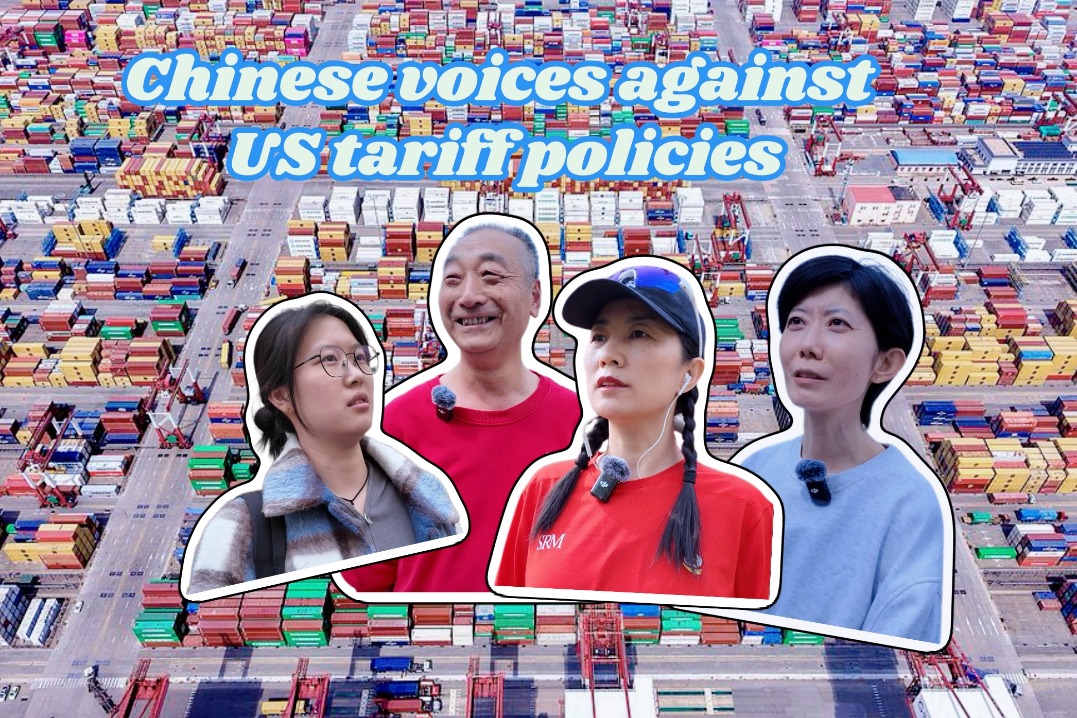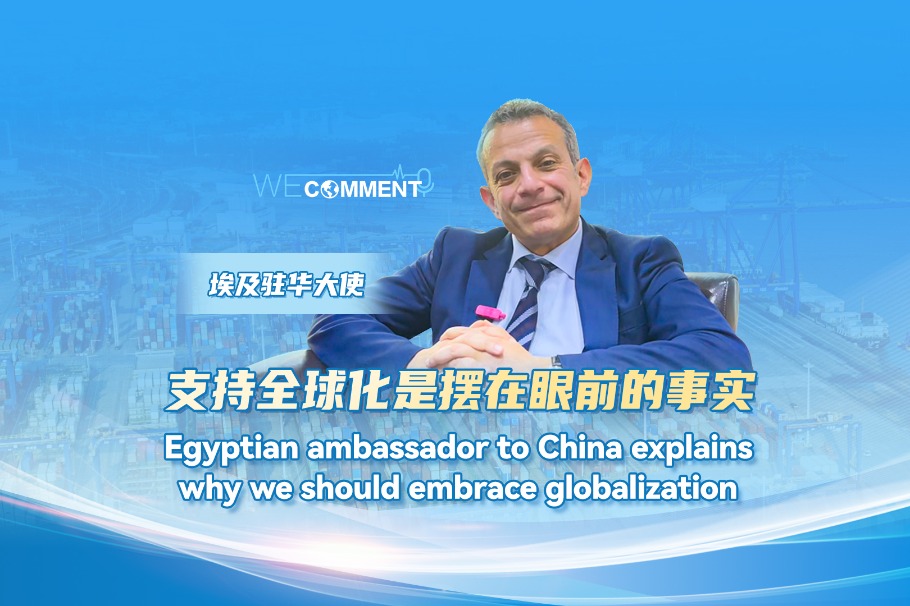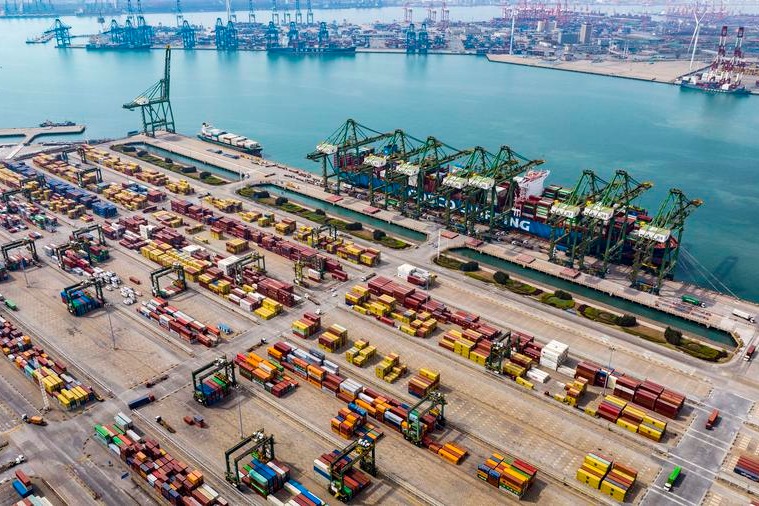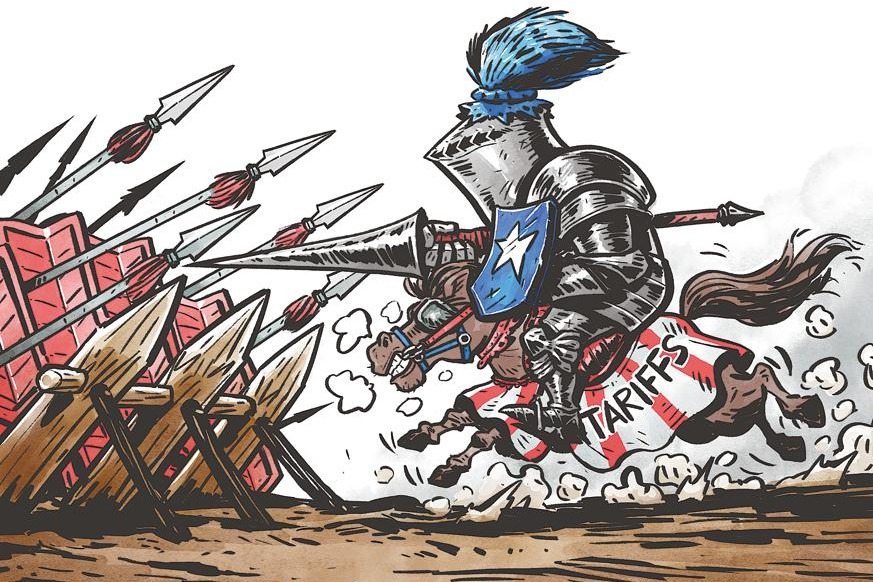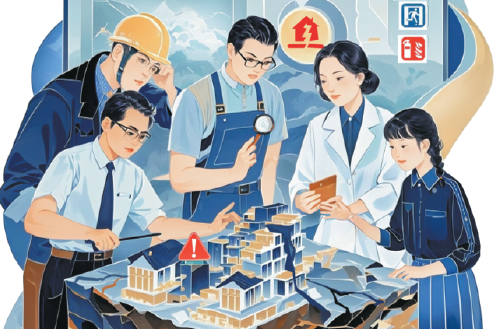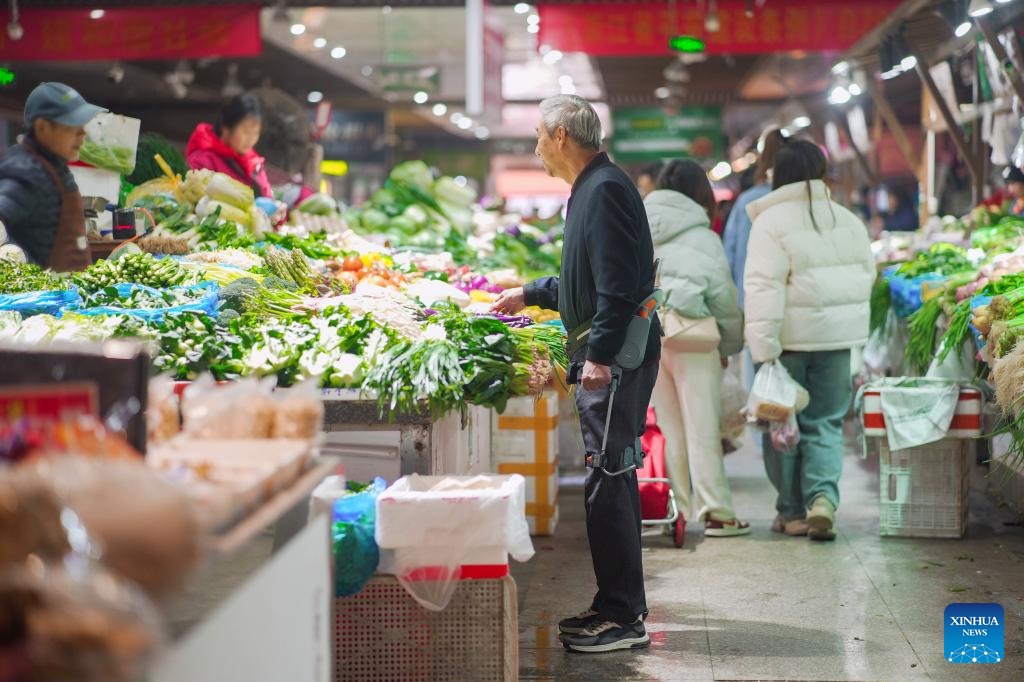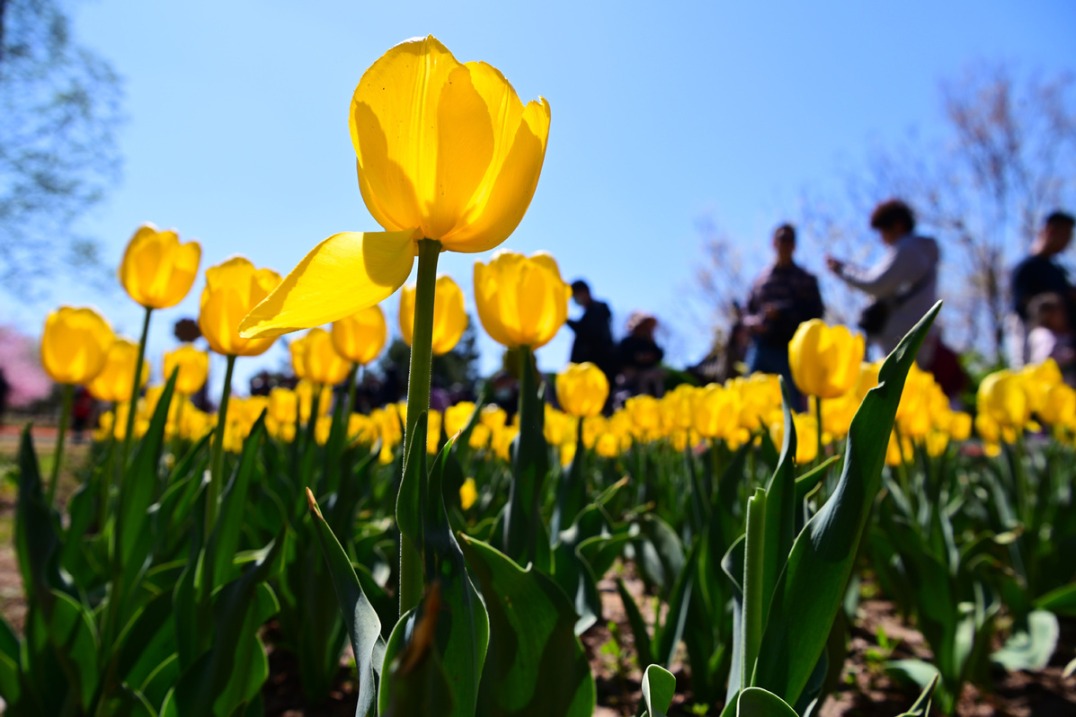Changing of the guard


BRICS expansion represents another step toward improved global governance and an inclusive international order
The international order created at the end of World War II is undergoing a profound transformation due to the economic growth of several developing countries, which is diluting the economic clout of the rich countries of the West. Other factors are also influencing this disruptive process, such as demographic change, the emergence of new economic paradigms and the technological breakthrough of the fourth industrial revolution.
The current governance crisis also reflects the exhaustion of the institutional model created at the Bretton Woods Conference in 1944.A turning point for the world economy took place in 2008, when the financial crisis that followed the collapse of Lehman Brothers hit the economies of wealthy countries hard. China became the "other turbine" of the world economy, and the leading developing countries, grouped in BRICS, gained greater weight in the world economy. At that time, the BRICS countries already represented 30 percent of the world's GDP, and the share of the developed countries dropped to 44.2 percent. However, this new economic landscape was not reflected in the distribution of International Monetary Fund quotas, as the Western bloc accounted for 56.3 percent of the IMF quotas and the BRICS countries only 11.5 percent.
Some changes started in November 2008 in Washington, when a meeting of the G20 finance ministers turned into a summit of the heads of state that sought to coordinate actions to address the harsh effects of the global financial crisis. That summit focused primarily on strengthening financial regulation to arrest the deteriorating market conditions and improve financial regulation over the medium term. Then the leaders issued a declaration that included some ideas to reform the international financial institutions and give more say to the developing countries.
Faced with this matter, the meeting of the G20, hosted in Seoul in November 2010, decided to reform the distribution of IMF quotas to give more rights and power to the developing countries in global financial issues. Although this reform was a consensus at the meeting, the US Congress blocked the agreement signed by president Barack Obama. Only on Dec 19,2015 did the Senate approve the redistribution of quotas.
With the developing countries waiting for international financial governance reform, BRICS moved to create new institutions to support them in achieving economic development goals, such as access to funds for infrastructure projects and helping them with balance of payment problems. It's important to remark that both matters were under the influence of the IMF and the World Bank.
In March 2013, the BRICS countries, at their summit in South Africa, announced their intention to create a new institution. One year later, during the sixth BRICS Summit, in Fortaleza, Brazil, they announced they would set up the New Development Bank. The new institution had an initial authorized capital of $100 billion and initial subscribed capital of $50 billion, along with a Contingent Reserve Arrangement, amounting to $100 billion. On July 21, 2015, the NDB was established in Shanghai.
Two more initiatives in financial affairs were taken by China and other developing countries. First, in October 2014, China launched the Asian Infrastructure Investment Bank, for which it provided up to 50 percent of the initial capital. Second, in November 2014, at the APEC Summit, President Xi Jinping announced the creation of the Silk Road Fund to improve connectivity in Asia. In June 2015, the AIIB was supported by 37 regional and 20 non-regional members, 52 of which signed the Articles of Agreement that formed the proposed bank's legal basis, including all the BRICS countries.
These achievements were milestones. For the first time, developing countries created a group of multinational institutions to try to lead on financial matters without the control of developed countries.
Although there have been profound changes in the world order since 2015, BRICS has consolidated itself as an important voice on international economic, political and financial matters. It's worth mentioning that in 2021, the NDB expanded the number of partners to include Uruguay, the United Arab Emirates, Bangladesh and Egypt. Other developing countries are also seeking to partner with the bank.
At the 14th BRICS Summit, hosted by China in June, the BRICS leaders emphasized the efforts to extend BRICS cooperation to include other emerging markets and developing countries, and further promote the "BRICS Outreach "and "BRICS Plus Cooperation" in line with the terms of reference adopted by the BRICS sherpas in 2021 through inclusive, equal-footed and flexible practices and initiatives. They also supported promoting discussions among BRICS members on the group expansion process. In this way, they discussed the guiding principles, standards, criteria and procedures for this expansion, indicating the sherpas' channel as a forum for a full consultation to reach a consensus.
Some important developing countries meet the conditions to join the group. These include Turkey, Argentina, Egypt, Indonesia, Kazakhstan, Nigeria, Mexico, the Philippines and Pakistan. The BRICS expansion would be an essential step taken by developing countries in the construction of more democratic international relations.
The enlargement of BRICS should be seen as an opportunity to update and strengthen the United Nations system and multilateral economic institutions such as the IMF, the World Bank and the World Trade Organization. As an open and inclusive cooperation mechanism, the group should serve as a platform to raise the voice of all developing countries. When rivalries increase, the expanded BRICS will be a new platform for cooperation between the countries of the Global South. In this sense, it will help to build a new consensus and refute the exclusivism and hegemonism that characterize the current dying global order put in place by the West. A new and gleaming one will emerge from the ashes of the old order.
The author is a professor of international political economy at Sao Paulo State University. The author contributed this article to China Watch, a think tank powered by China Daily. The views do not necessarily reflect those of China Daily.
Contact the editor at editor@chinawatch.cn
















